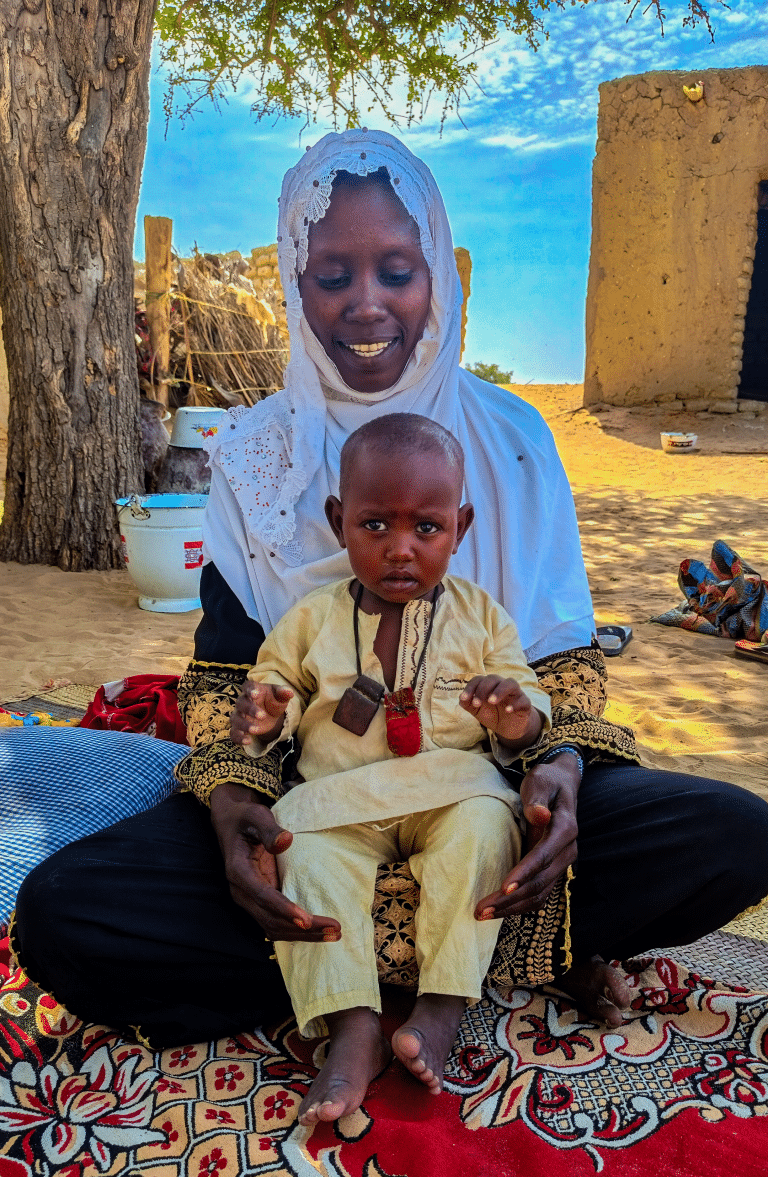
One Sachet, One Chance – Mariam and Hassan’s Journey
In the N’Gouri district, the OptiMAx project combines vaccination with nutritional supplementation to encourage families to return to health centers.

In the N’Gouri district, the OptiMAx project combines vaccination with nutritional supplementation to encourage families to return to health centers.
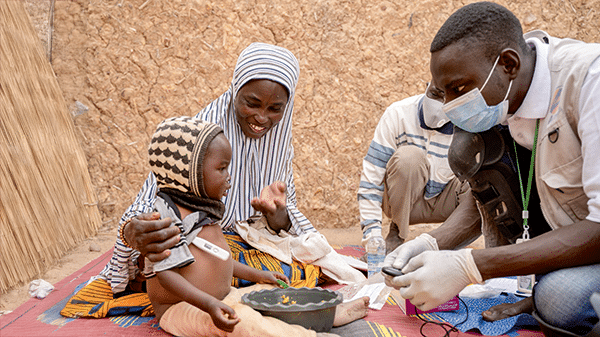
In the Democratic Republic of the Congo and Niger, the OptiMA clinical trials successfully combined scientific rigor with operational constraints
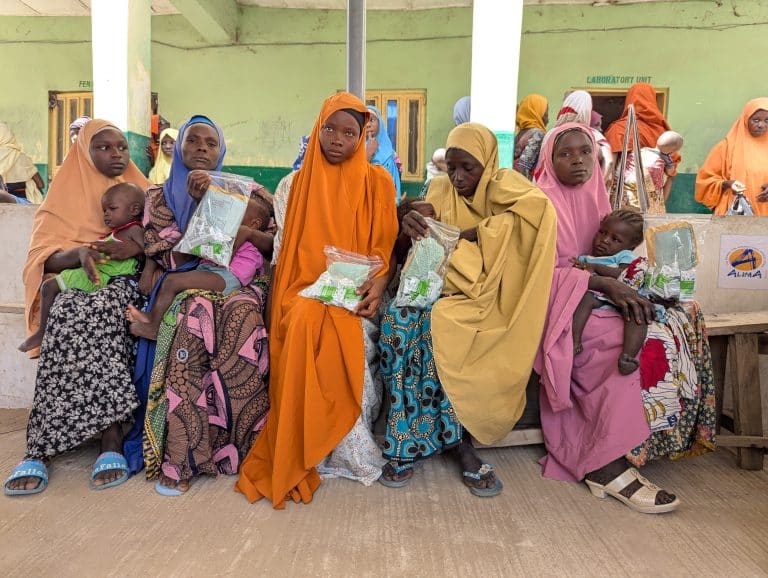
Every year, millions of children in Africa are trapped in a vicious cycle of malnutrition and infectious diseases. But what
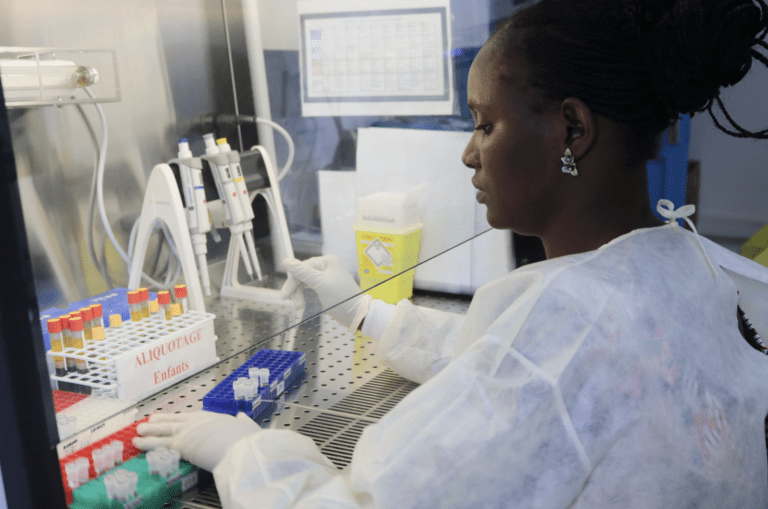
A decisive new step has been taken in the fight against the Ebola virus. According to a PREVAC study conducted
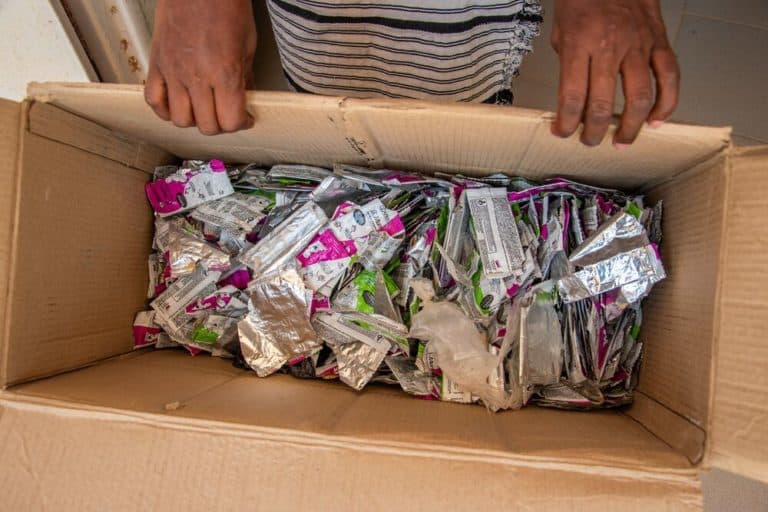
The waste of two essential items in the healthcare and nutritional response in sub-Saharan Africa poses significant environmental pollution. How
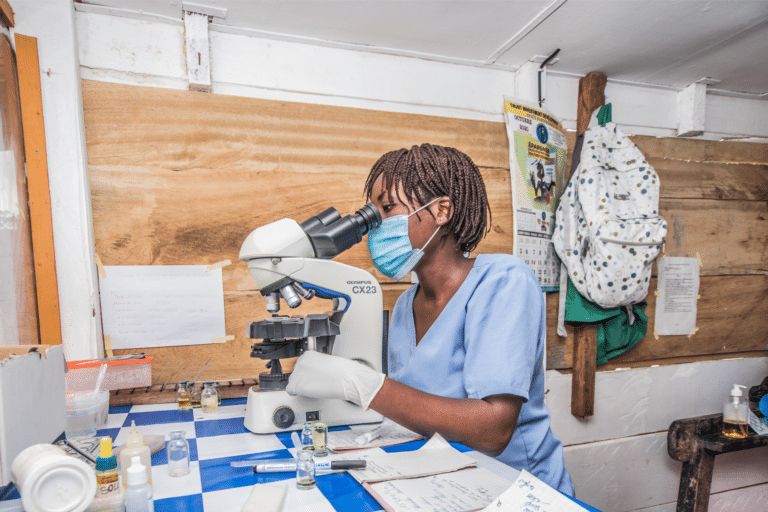
Collaboration between researchers and humanitarians is key to transforming medicine in Africa. Our new web series explores how these professionals
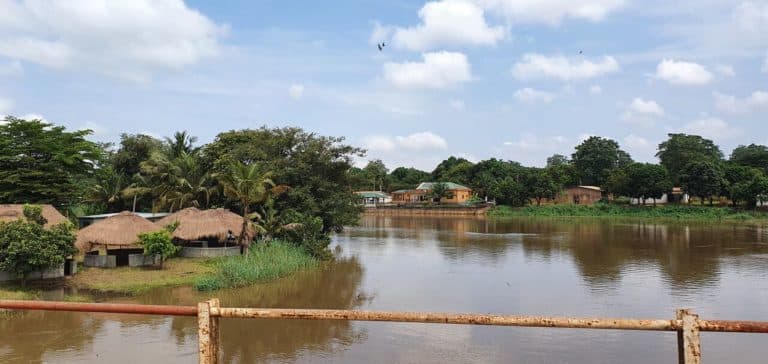
Nearly two years after publishing its environmental roadmap, ALIMA presents its first progress report with achievements and lessons learned since
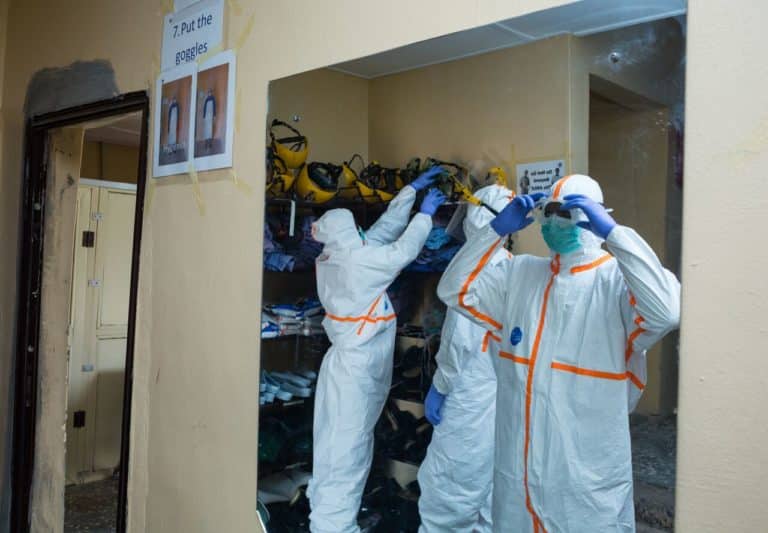
Nigeria enters Lassa fever peak season with new outbreaks underway Abuja, Nigeria, 27 February 2024 – A first-of-its-kind global alliance
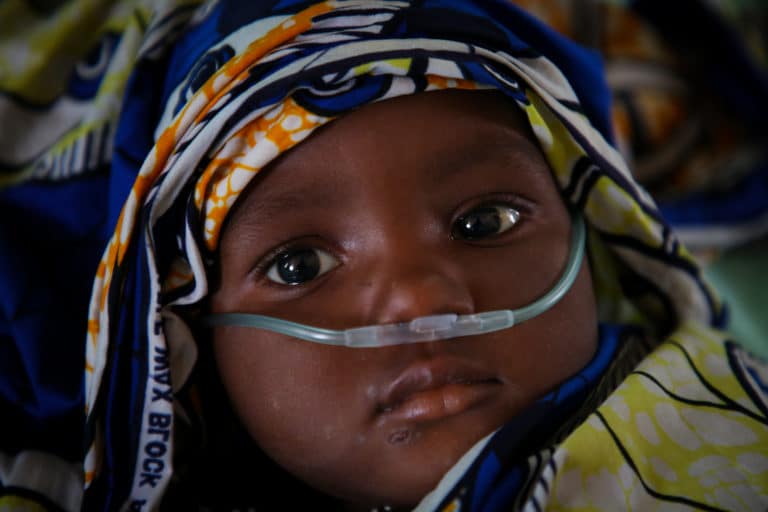
Hypoxemia is a little-known, clinically underdiagnosed medical complication. Often associated with common illnesses in children under five, it can be
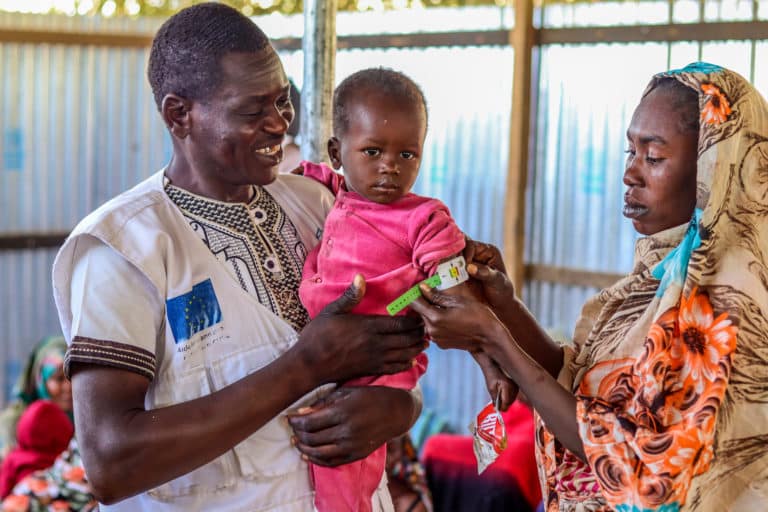
ALIMA, AAH, IRC and UNICEF invited representatives from the health ministries of nine countries in West and Central Africa to
We offer country-specific donation forms to give you access to local payment options and tax benefits.
Please wait while you are redirected to the right page...